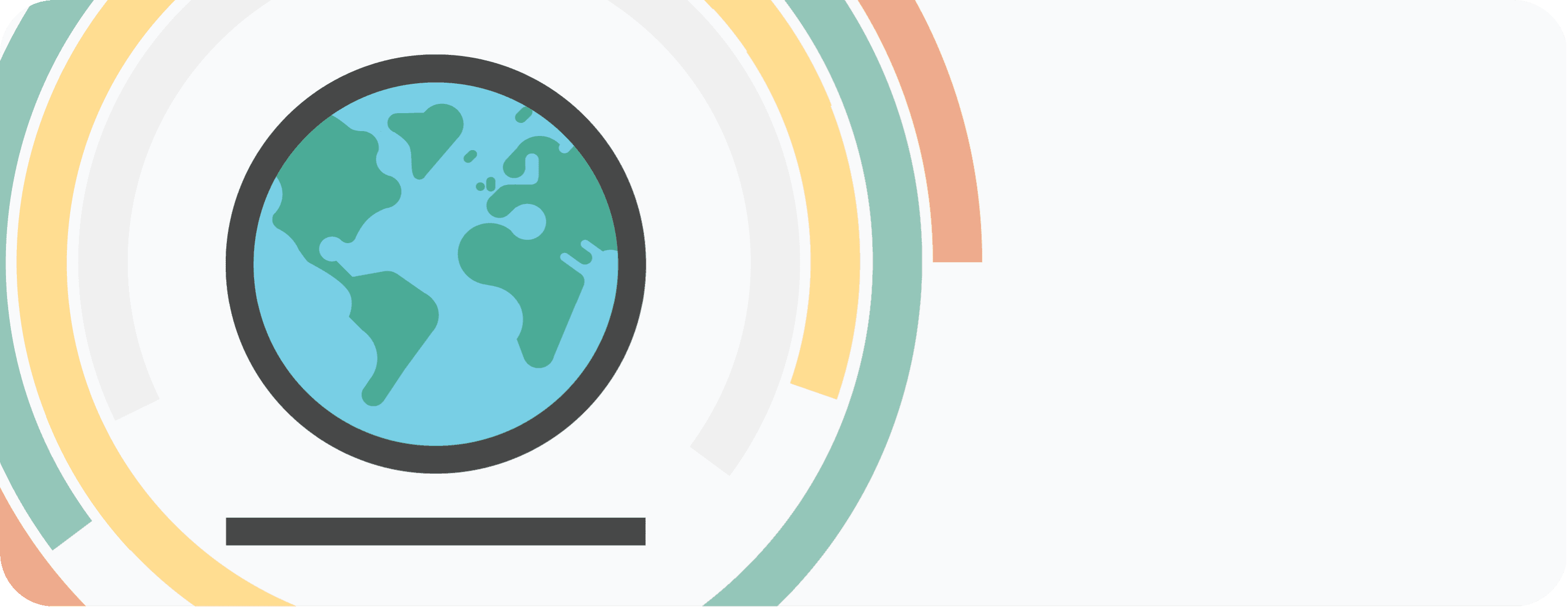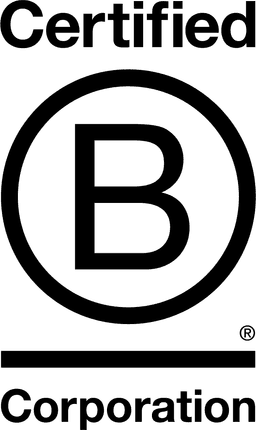

Sundial Brands, LLC (SheaMoisture and Nubian Heritage)

1.6
New York, United States
April 2015
Personal care products
Manufacturing
United States
Sundial Brands, makers of SheaMoisture and Nubian Heritage, is a global beauty and personal care leader committed to serving the Black community through strategic investment and community give back. SheaMoisture recognizes the power of entrepreneurship in addressing racial inequality with the belief that commerce can bring true economic independence. Every year SheaMoisture reinvests at least 1% of net sales directly into economic opportunities for underserved entrepreneurs and Black business owners. With every purchase, you're helping to fund investments that support funding for Black-owned business, entrepreneurial education, crisis response, equitable purchasing, and ethical sourcing. SheaMoisture develops no compromise beauty products that help every member of the Black community live their healthiest, most beautiful lives. Shea butter is one of the brand's core ingredients, praised for its hydrating and nourishing properties, and sourced from women-led cooperatives in West Africa, providing fair wages and creating economic opportunities. The company offers products in the hair care, bath, body, skin care, baby and men's categories, and is distributed in retailers throughout the world. SheaMoisture is a subsidiary of Unilever.
Overall B Impact Score
Governance 15.3
Governance evaluates a company's overall mission, engagement around its social/environmental impact, ethics, and transparency. This section also evaluates the ability of a company to protect their mission and formally consider stakeholders in decision making through their corporate structure (e.g. benefit corporation) or corporate governing documents.
What is this? A company with an Impact Business Model is intentionally designed to create a specific positive outcome for one of its stakeholders - such as workers, community, environment, or customers.
Workers 24.7
Workers evaluates a company’s contributions to its employees’ financial security, health & safety, wellness, career development, and engagement & satisfaction. In addition, this section recognizes business models designed to benefit workers, such as companies that are at least 40% owned by non-executive employees and those that have workforce development programs to support individuals with barriers to employment.
Community 24.4
Community evaluates a company’s engagement with and impact on the communities in which it operates, hires from, and sources from. Topics include diversity, equity & inclusion, economic impact, civic engagement, charitable giving, and supply chain management. In addition, this section recognizes business models that are designed to address specific community-oriented problems, such as poverty alleviation through fair trade sourcing or distribution via microenterprises, producer cooperative models, locally focused economic development, and formal charitable giving commitments.
What is this? A company with an Impact Business Model is intentionally designed to create a specific positive outcome for one of its stakeholders - such as workers, community, environment, or customers.
Environment 27.8
Environment evaluates a company’s overall environmental management practices as well as its impact on the air, climate, water, land, and biodiversity. This includes the direct impact of a company’s operations and, when applicable its supply chain and distribution channels. This section also recognizes companies with environmentally innovative production processes and those that sell products or services that have a positive environmental impact. Some examples might include products and services that create renewable energy, reduce consumption or waste, conserve land or wildlife, provide less toxic alternatives to the market, or educate people about environmental problems.
What is this? A company with an Impact Business Model is intentionally designed to create a specific positive outcome for one of its stakeholders - such as workers, community, environment, or customers.
Customers 3.4
Customers evaluates a company’s stewardship of its customers through the quality of its products and services, ethical marketing, data privacy and security, and feedback channels. In addition, this section recognizes products or services that are designed to address a particular social problem for or through its customers, such as health or educational products, arts & media products, serving underserved customers/clients, and services that improve the social impact of other businesses or organizations.